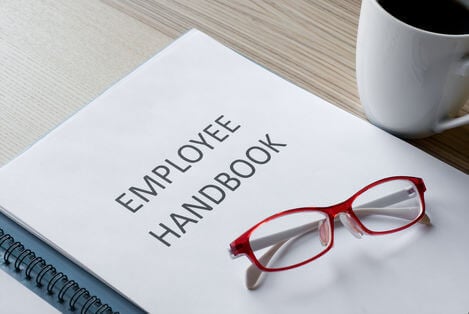November Congruity Q&A: Essential Employee File Info

Should an employee's background check, interview notes, and benefit information be kept separate from the personnel file?
Answer:
"Yes". As a best practice, background checks and interview notes should be kept separately from the employee’s personnel file because those documents were part of the pre-employment
process and serve a purpose that differs from ongoing employment. Other sensitive or highly-confidential benefits and personal information should also be maintained separately from the regular personnel file.
The rationale is that the personnel file is generally used by managers to review historical performance, training records, or other pertinent employee accomplishments for making employment decisions. Benefits and other confidential personal data should not be a factor in those decisions.
The personnel file generally contains the following documents:
- Job description for the employment position and job advertisements.
- Offer of employment.
- Employment contract (if applicable).
- Job application.
- Employee’s resume.
- Signed employee handbook acknowledgement.
- Forms providing next of kin and emergency contacts.
- Documents acknowledging receipt and review of other employer policies, such as nondisclosure, arbitration of employment disputes, safety practices, or other company-specific rules.
- Performance reviews and other performance-related documentation.
- Certifications, training taken, awards, etc.
- Pre-employment file, including background checks, interview notes, assessment results, work samples, and other information used in the selection process.
- Payroll file, including Form W-4 and other payroll-related information.
- Benefits file, including benefits enrollment, beneficiary designations, leave of absence forms, or other confidential medical information.
- Forms I-9 verifying employment eligibility.
- Investigation files (if applicable).
- EEO records.
- Will a supervisor or manager have access to the document?
- Is the information contained in the document relevant to an employment decision?
- Is it related to the employee’s performance, knowledge, skills, abilities, or behavior?
For more information contact Congruity's team of professionals at: 844.247.4100.


